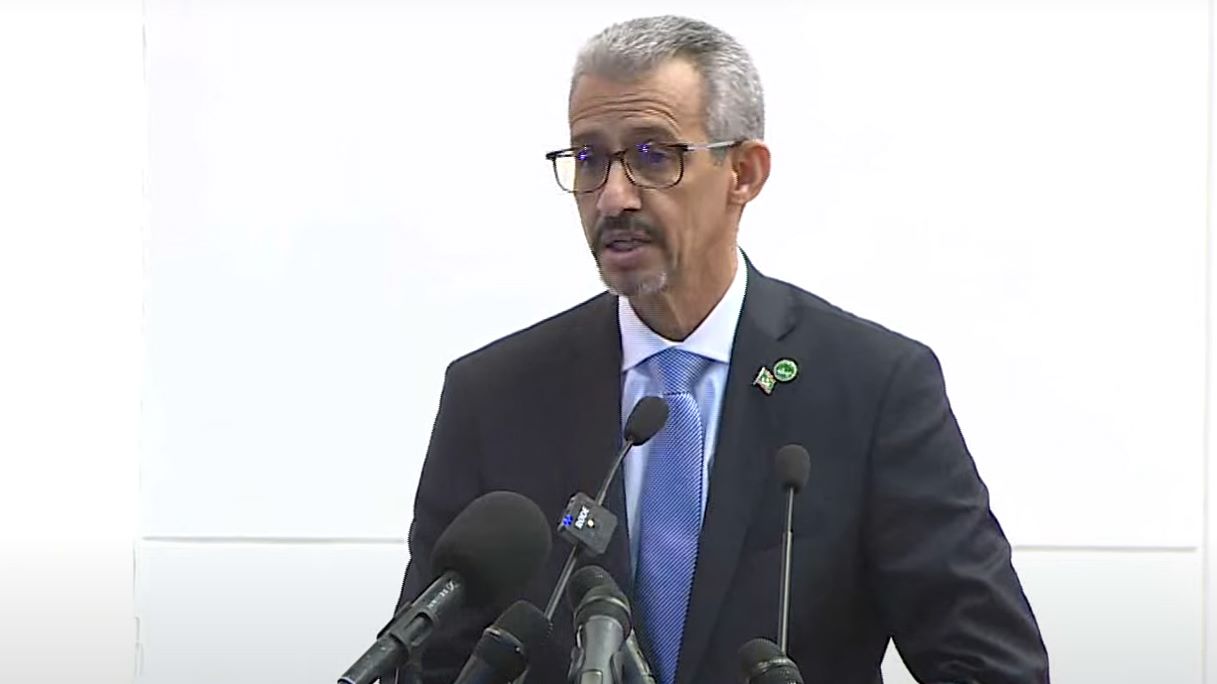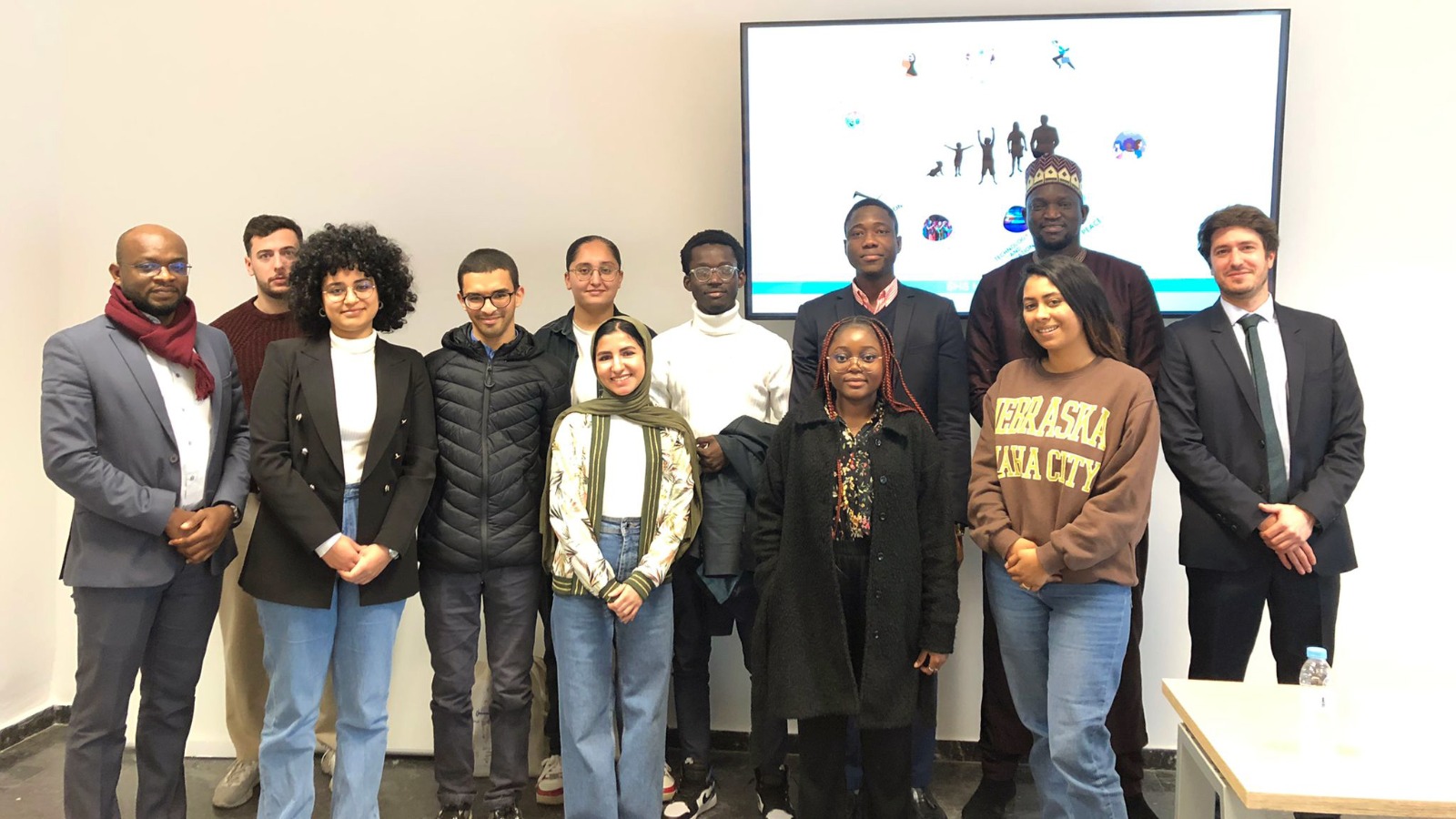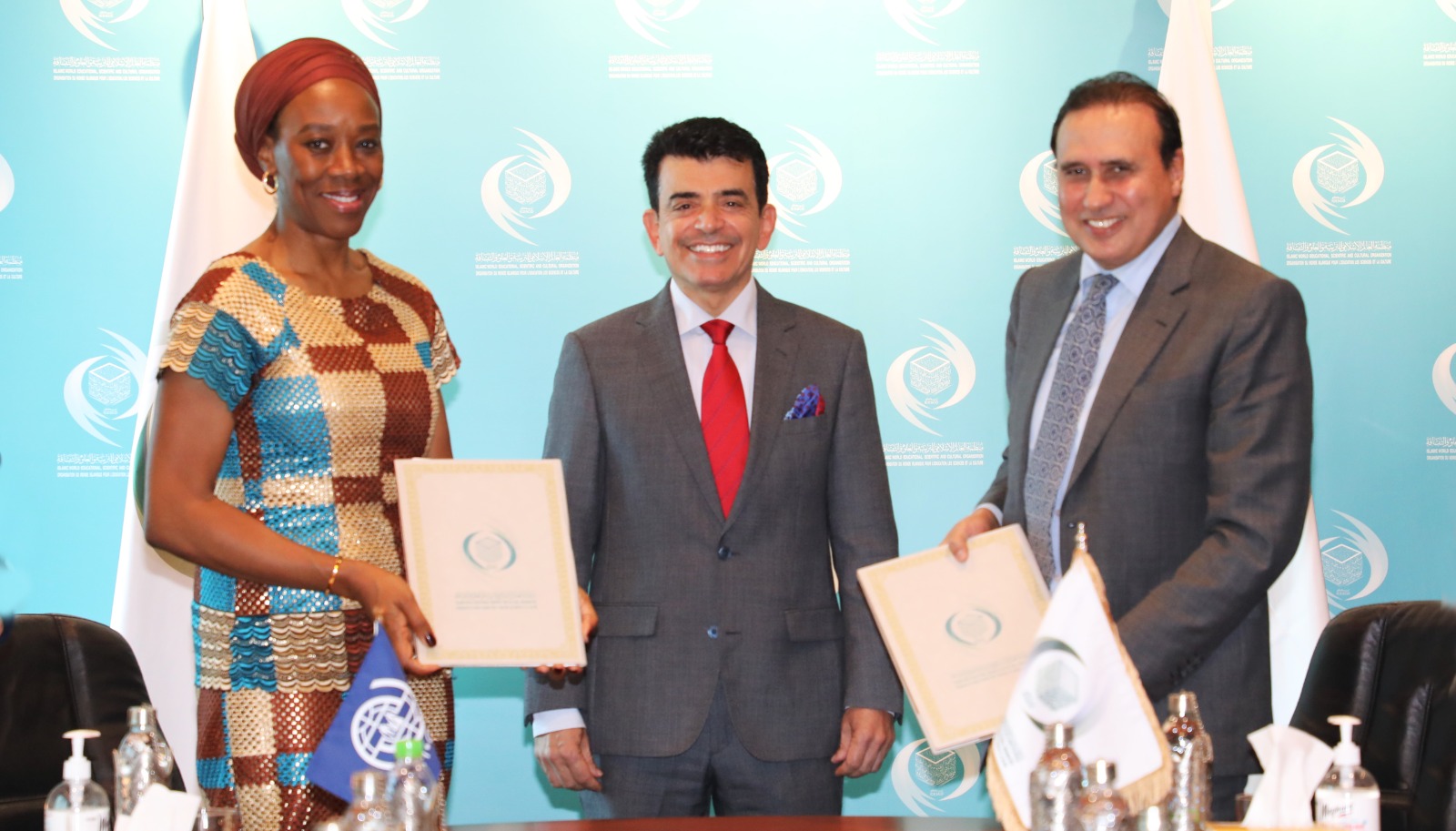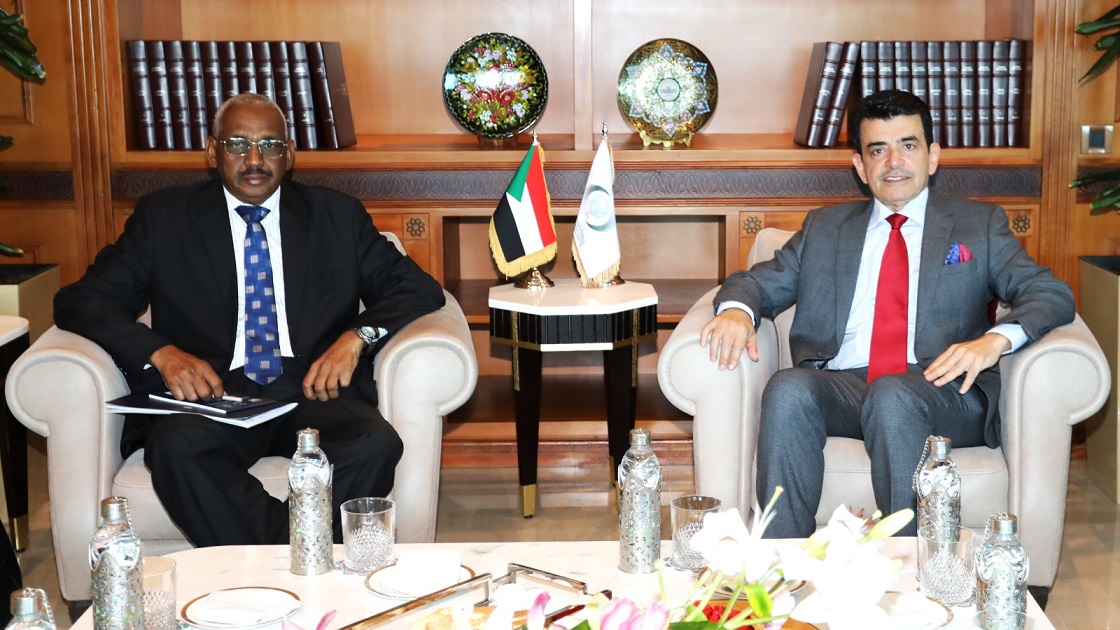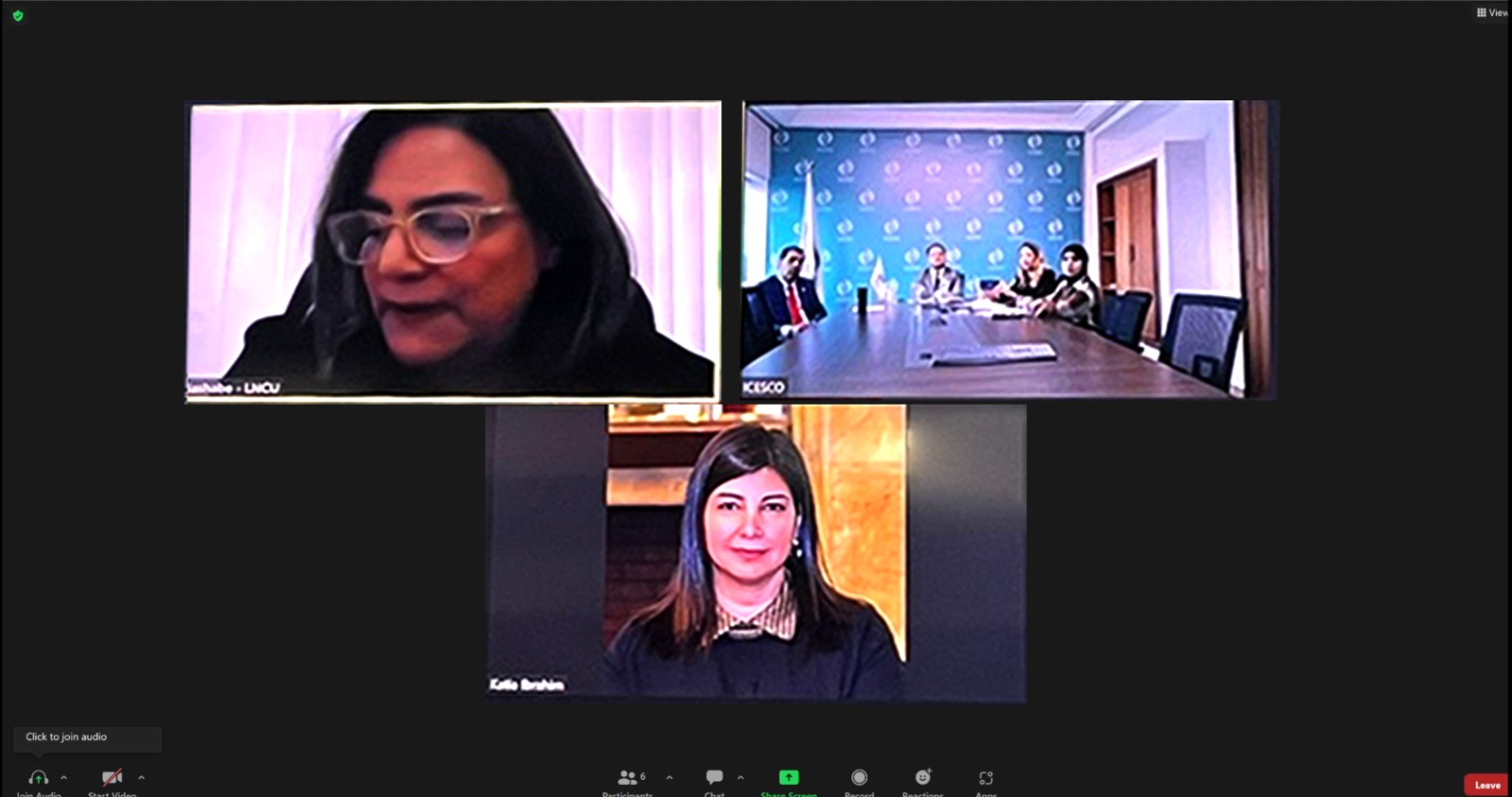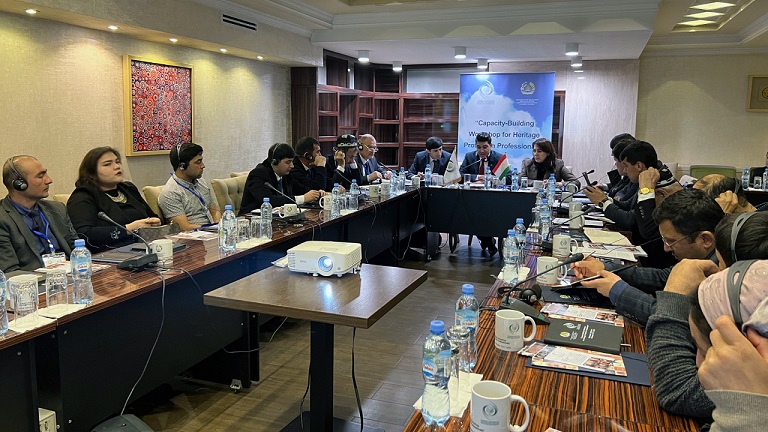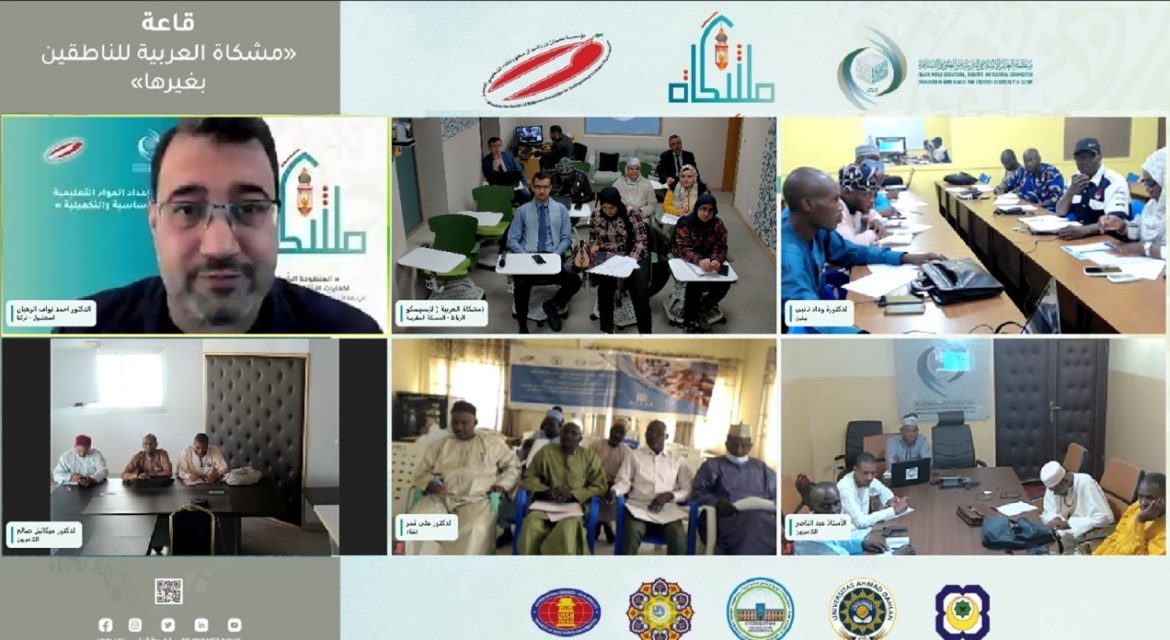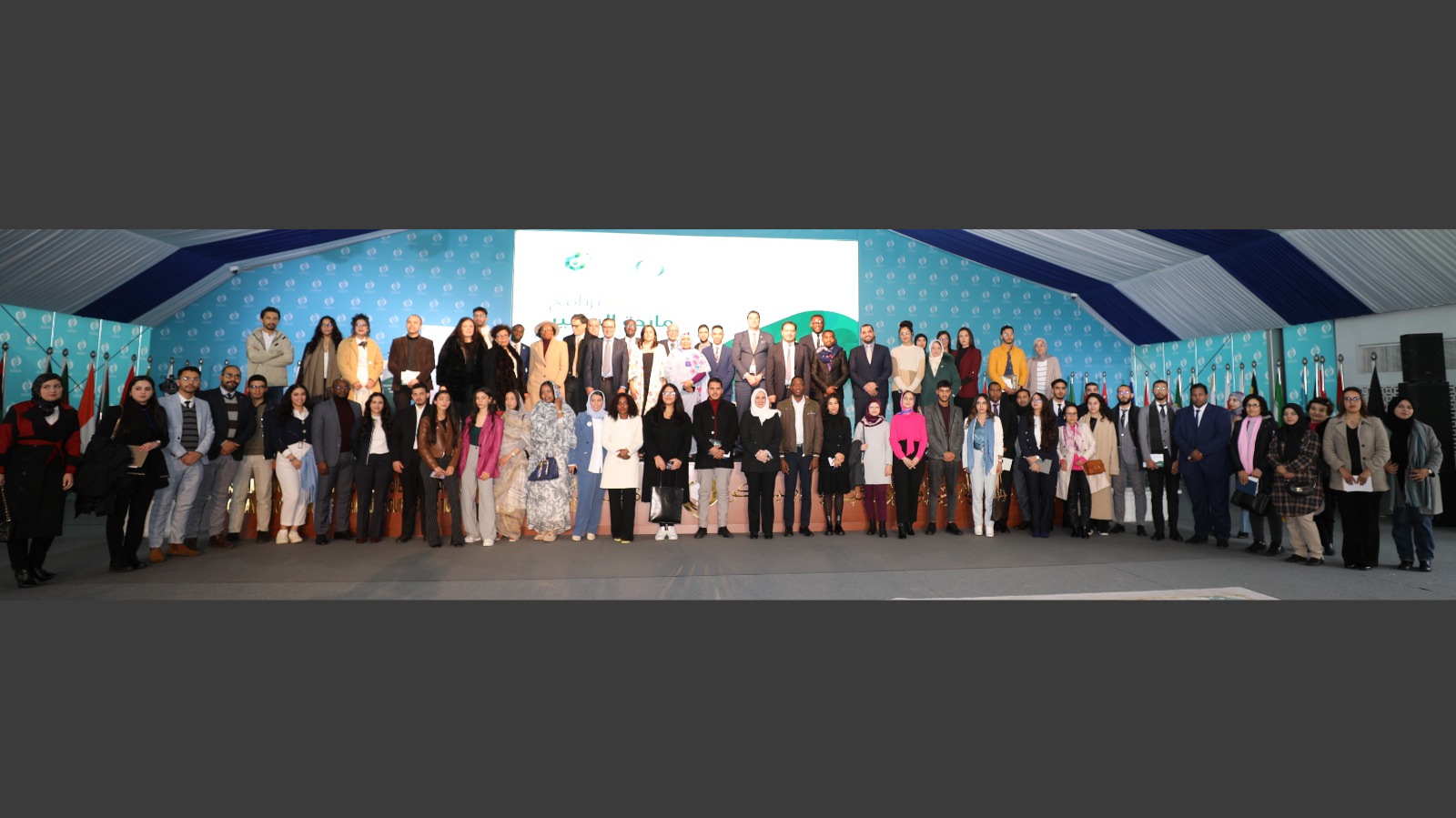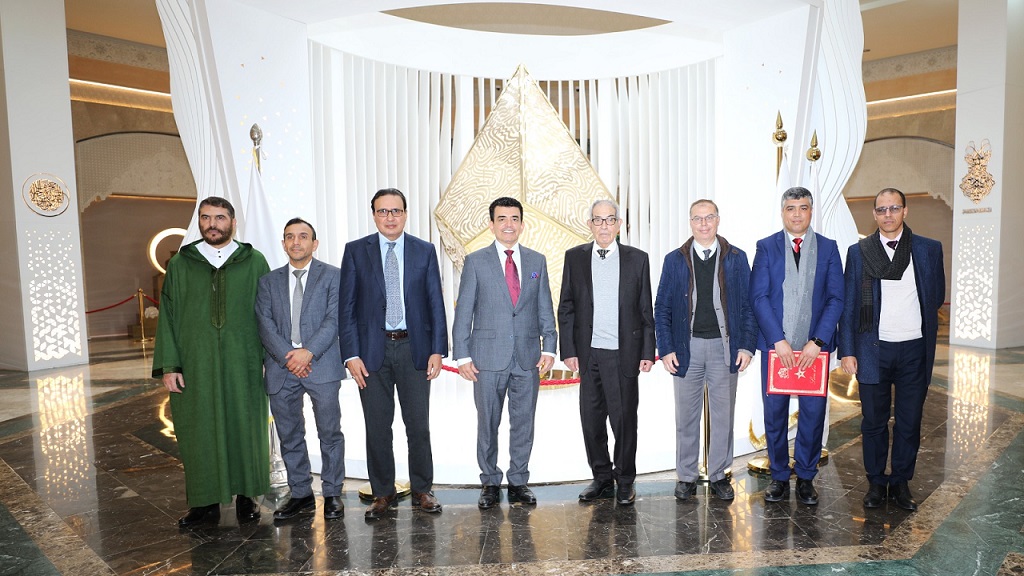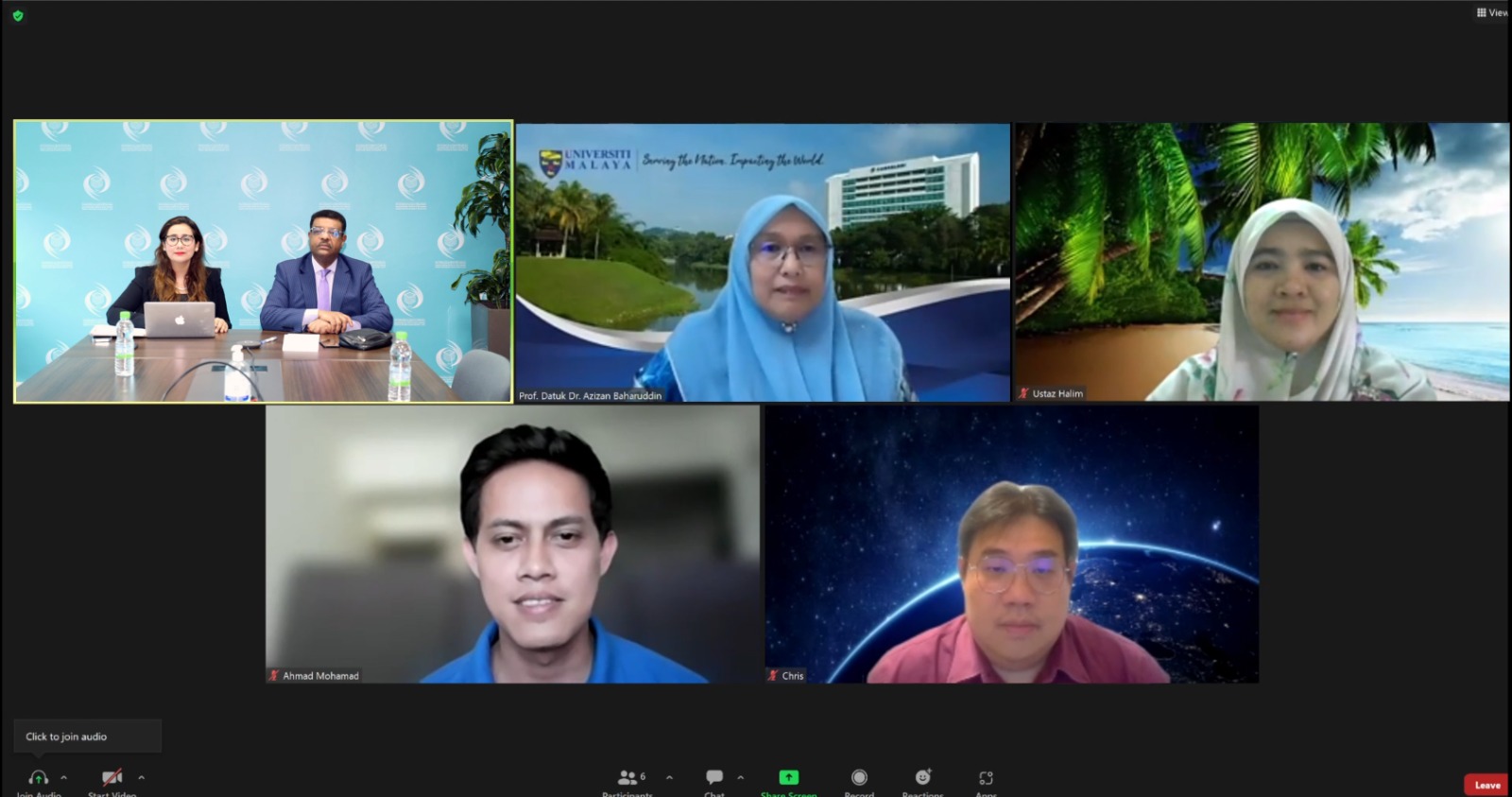The headquarters of the Islamic World Educational, Scientific and Cultural Organization (ICESCO) saw the launch of the Ambassador’s Roundtable, a program featuring a series of symposia that host senior figures in the diplomatic corps to talk about their expertise and experiences and hold discussions with ICESCO’s Young Professionals to enrich their knowledge about the field of international relations and diplomacy and allow them to communicate with inspiring diplomatic figures.
Dr. Salim M. AlMalik, ICESCO Director-General, gave the opening remark to the Program, on Wednesday, February 15, 2023, where he welcomed the Program’s first guest, Amb. Astana Abdulaziz, Ambassador of Malaysia to Morocco. Dr. AlMalik also stressed that multilateral diplomacy has become the key lever of development, human rights, and world peace and security, and a necessity in light of the global geopolitical changes, climate and health challenges resulting from epidemics, and other transcontinental issues.
Moreover, the Director-General stated that ICESCO seeks to promote civilizational communication among world countries, anchor human values and nurture the sense of belonging and free will, adding that the Organization accords special attention in its Two-Year Action Plan for 2022-2023 to building the capacities and honing the skills of young people and women to address environmental challenges and achieve sustainable development.
Following the opening remark, Mr. Omar Hamed, Head of the Section of Strategic Partnerships at the Sector of Partnerships and International Cooperation, gave an overview of the successful journey of Amb. Astana Abdulaziz, Dean of the Asian Diplomatic Corps in the Kingdom of Morocco.
At the beginning of her lecture, the Malaysian Ambassador to Rabat stated that multilateral diplomacy is an international system that seeks to employ knowledge to resolve conflict, which is an opportunity to deal with individuals, bodies and organizations from various backgrounds. She added that the goal behind creating the United Nations was the preservation of peace and human dignity and the prevention of conflicts, wars and challenges we are facing such as violence, extremism and diseases.
She also commended the Young Professionals Program, which provides the Islamic world youth with the opportunity to explore their views on international issues and challenges, recommending that they keep abreast with international issues and relations to get a better idea about the role of diplomats in achieving sustainable development and promoting human rights.
Moreover, Ms. Abdulaziz stated that the COVID-19 pandemic highlighted the dire need to promote the system of multilateral diplomacy, given its key role in overcoming and recovering from the crisis through international solidarity and cooperation, noting that Malaysia seeks to capitalize on this form of diplomacy to achieve comprehensive progress and success.
Following the Ambassador’s lecture, Mr. Mohamed Hedi Shili, Head of the Department of Legal Affairs and International Standards at ICESCO, moderated a session on the importance of multilateral diplomacy in addressing current world challenges. The Ambassador answered the Young Professionals’ questions and exchanged ideas and views with them on this subject.


